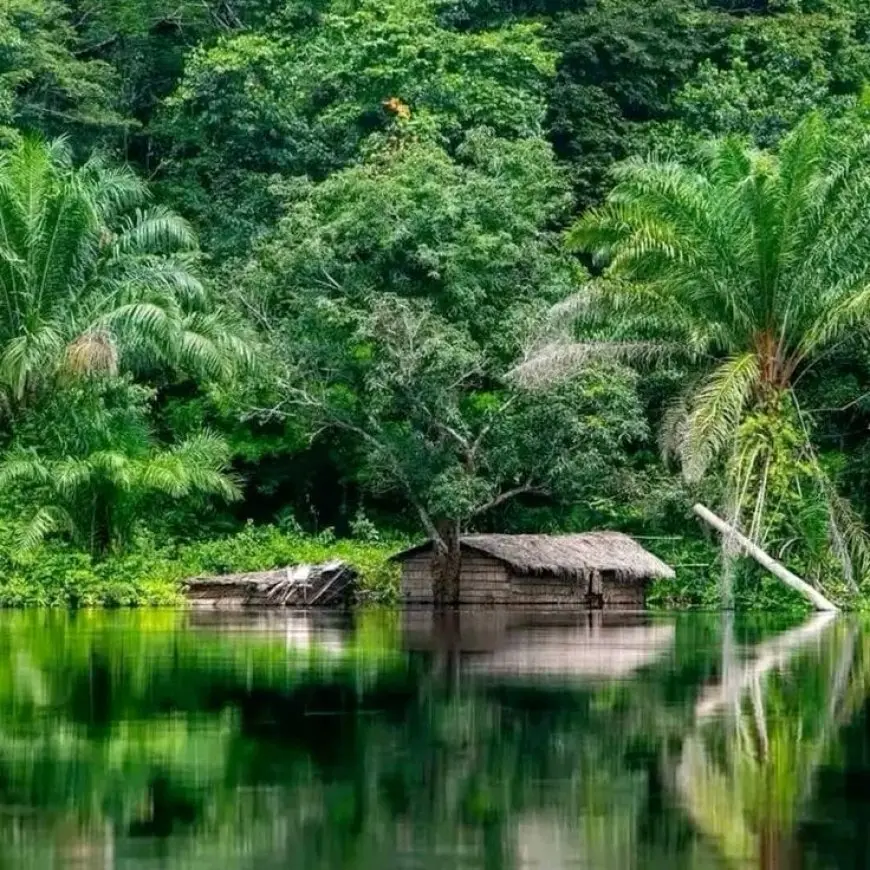The Importance of Wetlands in Our Ecosystems
The Importance of Wetlands in Our Ecosystems

Wetlands are among the most valuable ecosystems on Earth, playing crucial roles in maintaining environmental balance and supporting biodiversity. These areas, where water saturates the land either permanently or seasonally, can include marshes, swamps, bogs, and estuaries. Wetlands are often overlooked, yet they provide a wide range of ecological, social, and economic benefits that are essential for the health of our planet.
Biodiversity Hotspots
Wetlands are home to a rich diversity of plant and animal species, many of which are specially adapted to these unique environments. They support a wide range of organisms, from waterfowl and amphibians to fish, invertebrates, and various plant species. Wetlands also serve as breeding, feeding, and migratory habitats for numerous bird species, making them crucial for maintaining global biodiversity. Their diverse habitats provide shelter and sustenance to species that might otherwise struggle to survive in less specialized environments.
Water Filtration and Purification
One of the most important functions of wetlands is their ability to filter and purify water. The plants and soil in wetland areas trap pollutants such as sediments, nutrients, and toxic substances. As water flows through wetlands, the plants and microorganisms absorb excess nutrients like nitrogen and phosphorus, which, if left unchecked, can lead to water pollution and the eutrophication of lakes and rivers. This natural filtration process helps improve the quality of water flowing into larger bodies, such as rivers, lakes, and oceans.
Flood Control and Erosion Prevention
Wetlands act as natural buffers, helping to control flooding and reduce the impacts of heavy rainfall. By absorbing excess water during storms and floods, wetlands prevent downstream areas from becoming overwhelmed with water. This flood regulation helps protect communities from the devastation caused by floods. Additionally, wetlands stabilize the land by preventing soil erosion. The dense root systems of wetland plants hold the soil together, reducing the risk of sedimentation in rivers and lakes. This also ensures the continued health of aquatic ecosystems that rely on clean, clear water.
Carbon Sequestration and Climate Regulation
Wetlands play a significant role in regulating the Earth's climate by acting as carbon sinks. The waterlogged conditions in wetlands slow down the decomposition of organic matter, which results in the accumulation of carbon-rich peat. This process helps remove carbon dioxide from the atmosphere, contributing to the mitigation of climate change. Wetlands are thus a natural means of reducing the concentration of greenhouse gases, making them an essential component in the fight against global warming.
Support for Livelihoods
In addition to their ecological functions, wetlands are also vital for the livelihoods of millions of people around the world. They provide resources such as fish, waterfowl, plants, and timber, which are essential for local economies. Wetlands also support tourism, with many ecotourism ventures focusing on wetland ecosystems and wildlife. People in rural communities depend on wetlands for their survival, relying on them for food, water, and materials.
Threats to Wetlands
Despite their importance, wetlands are under threat from human activities. Agriculture, urbanization, industrial development, and pollution are causing widespread loss of wetland habitats. Draining wetlands for land development or agriculture has resulted in a dramatic reduction of wetland areas worldwide, jeopardizing the many services they provide. Climate change is also affecting wetlands, with rising sea levels threatening coastal wetlands and changing precipitation patterns impacting inland wetlands.
Wetlands are indispensable to the health of our ecosystems. They provide essential services such as water purification, flood control, and carbon sequestration, while also supporting a diverse array of plant and animal species. Protecting and conserving these unique habitats is crucial for maintaining biodiversity, supporting human livelihoods, and combating climate change. Efforts to restore and protect wetlands are vital for ensuring their continued role in sustaining life on Earth.







